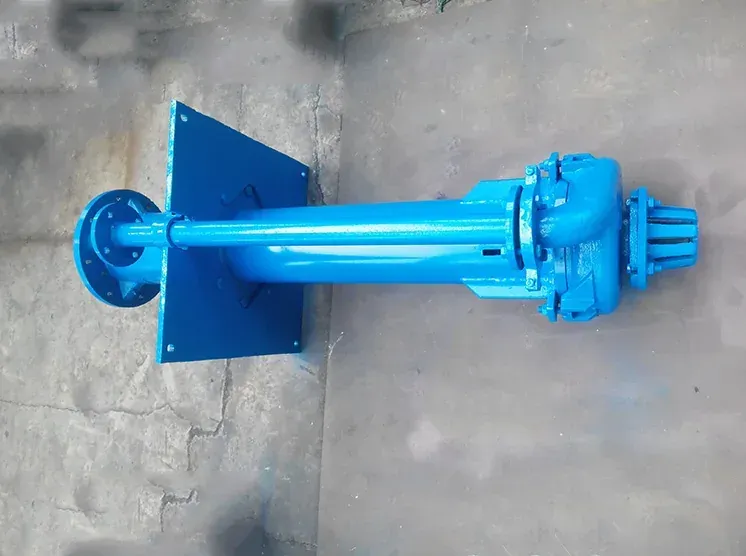English
- Afrikaans
- Albanian
- Amharic
- Arabic
- Armenian
- Azerbaijani
- Basque
- Belarusian
- Bengali
- Bosnian
- Bulgarian
- Catalan
- Cebuano
- Corsican
- Croatian
- Czech
- Danish
- Dutch
- English
- Esperanto
- Estonian
- Finnish
- French
- Frisian
- Galician
- Georgian
- German
- Greek
- Gujarati
- Haitian Creole
- hausa
- hawaiian
- Hebrew
- Hindi
- Miao
- Hungarian
- Icelandic
- igbo
- Indonesian
- irish
- Italian
- Japanese
- Javanese
- Kannada
- kazakh
- Khmer
- Rwandese
- Korean
- Kurdish
- Kyrgyz
- Lao
- Latin
- Latvian
- Lithuanian
- Luxembourgish
- Macedonian
- Malgashi
- Malay
- Malayalam
- Maltese
- Maori
- Marathi
- Mongolian
- Myanmar
- Nepali
- Norwegian
- Norwegian
- Occitan
- Pashto
- Persian
- Polish
- Portuguese
- Punjabi
- Romanian
- Russian
- Samoan
- Scottish Gaelic
- Serbian
- Sesotho
- Shona
- Sindhi
- Sinhala
- Slovak
- Slovenian
- Somali
- Spanish
- Sundanese
- Swahili
- Swedish
- Tagalog
- Tajik
- Tamil
- Tatar
- Telugu
- Thai
- Turkish
- Turkmen
- Ukrainian
- Urdu
- Uighur
- Uzbek
- Vietnamese
- Welsh
- Bantu
- Yiddish
- Yoruba
- Zulu
Telephone: +86 13120555503
Email: frank@cypump.com
Dec . 11, 2024 08:29 Back to list
Choosing the Right Lift Pump for Your Septic Tank System
Understanding Septic Tank Lift Pumps An Essential Guide
Septic systems are a widely used method for wastewater management in rural and suburban areas, particularly where connection to a municipal sewer system is unavailable. A critical component of these systems is the septic tank lift pump, which plays a vital role in ensuring the effective and efficient removal of wastewater. In this article, we will explore what septic tank lift pumps are, how they work, their importance, and maintenance tips for ensuring their longevity.
What is a Septic Tank Lift Pump?
A septic tank lift pump, often referred to as a sewage pump, is designed to move wastewater from a septic tank to the drainage field or to a municipal sewage system when gravity alone is insufficient. This type of pump is particularly useful in scenarios where the septic tank is located below the drainage field, necessitating a lift to propel the effluent upwards for proper disposal.
How Do Septic Tank Lift Pumps Work?
Septic tank lift pumps are typically submersible pumps that operate underwater within the septic tank. When wastewater reaches a certain level within the tank, the pump automatically activates, using an internal float switch that senses the water level. The pump then draws the wastewater up through a discharge pipe and sends it to the designated location—whether that be a leach field or another treatment area.
The installation of a lift pump usually occurs at the point where the tank and the drain field meet. It may be set on a platform above the tank's bottom to ensure it operates efficiently, preventing clogging from sludge buildup. These pumps come in various sizes and power levels, and the choice of pump largely depends on the specific needs and layout of the septic system.
Importance of Septic Tank Lift Pumps
septic tank lift pump

The primary function of a septic tank lift pump is to ensure that waste is efficiently moved from one part of the septic system to another. If a lift pump fails, it can lead to several significant problems, such as
1. Backup Wastewater could overflow from the septic tank, causing a backup in drains and potentially leading to hazardous sewage spills. 2. System Failure A lift pump that doesn’t operate properly can result in untreated wastewater being released, which can contaminate groundwater and harm the environment. 3. Costly Repairs If the system is not maintained and a lift pump fails, the cost of repairs and remediation can be substantial.
Maintenance Tips for Longevity
To ensure that your septic tank lift pump functions optimally, regular maintenance is crucial. Here are some tips to extend its lifespan
1. Inspect Regularly Schedule routine inspections to check for any signs of wear or malfunction. This includes looking for unusual noises or vibrations when the pump is in operation. 2. Clean the Tank Regularly pump out the septic tank to prevent sludge buildup, which can clog the lift pump. 3. Monitor Float Switches Ensure that the float switches are functioning properly as they regulate the pump's activation. A malfunctioning switch may lead to premature pump failure. 4. Avoid Overloading Be mindful of the amount of water your household uses to prevent overloading the pump. 5. Professional Servicing Consider hiring a professional for annual servicing to identify any potential issues early on.
Conclusion
Septic tank lift pumps are essential components of a properly functioning wastewater management system. Understanding their role, operation, and maintenance can help homeowners avoid costly repairs, environmental hazards, and disruptions to daily life. A proactive approach to care and maintenance not only extends the life of the pump but also contributes to the overall health of the septic system and the surrounding environment. Investing time and effort into your septic system will pay off in the long run, ensuring peace of mind and efficient wastewater management.
-
Reliable Non-Clog Sewage Pumps with GPT-4-Turbo Tech
NewsAug.04,2025
-
High-Performance Air Pumps for Sand & Gravel | Efficient Transport
NewsAug.03,2025
-
ISG Series Vertical Pipeline Pump - Chi Yuan Pumps Co., LTD.|Energy Efficiency, Corrosion Resistance
NewsAug.03,2025
-
ISG Series Pipeline Pump - Chi Yuan Pumps | Energy Efficiency&Compact Design
NewsAug.03,2025
-
ISG Series Vertical Pipeline Pump - Chi Yuan Pumps Co., LTD.|High Efficiency, Low Noise, Durable
NewsAug.02,2025
-
ISG Series Vertical Pipeline Pump - Chi Yuan Pumps | High Efficiency, Low Noise
NewsAug.02,2025










